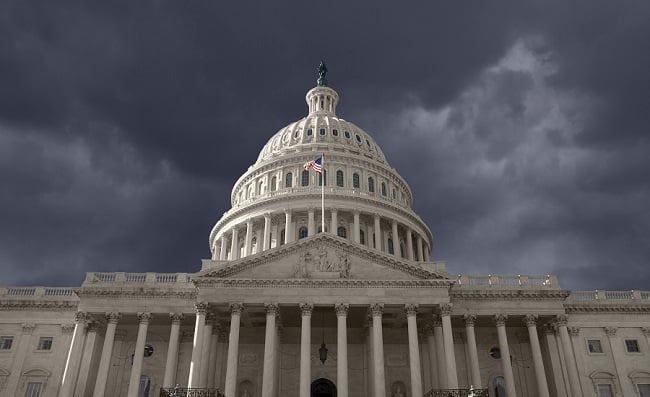Sparring with the health care cartel
For years, I’ve been deceived by our health care system into thinking it was built to help people. And now I feel pissed.

I don’t generally consider myself to be a naïve person. I’m pretty self-aware and “street smart,” but I’ll be honest: For years, I’ve been deceived by our health care system into thinking it was built to help people. And now I feel pissed.
This past week, I was very fortunate to attend a Presidential address at The White House Rose Garden where Trump addressed lowering the cost of pharmaceuticals. It was surreal to feel like I could be a real life David versus Goliath.
Related: U.S. prescription drug costs are a crime
While I was there, my wheels started turning about all the issues within our health care system. For instance, why is it that we see families filing for bankruptcy as a result of not being able to pay their medical bills for rather routine and simple procedures when they have insurance? Why is the U.S. facing an opioid epidemic? Why are companies like Mylan not kept in check by the government when they raise the price of a lifesaving drug sixfold and their CEO sees a 600 percent increase in pay during that same time period?
The answer is pretty simple: Because they can.
Big hospital systems, pharmaceutical companies, carriers and the government carry a lot of weight. They are the rule makers, and they have really, really deep pockets (some of the biggest lobbyists in the U.S.!) They confuse consumers with non-transparent pricing, they overprescribe, and historically, there haven’t been a ton of alternatives to things like traditional BUCA networks.
It’s pretty ridiculous if you think about it.
Where in our lives is it more lucrative to treat than to cure? Health care. Where are we made to believe that the value of a network discount (that we pay for to access) supersedes a cash price that is often equal to or less than that same network discount price? Health care. Where can we consume something without knowing the price ahead of time? Health care.
You see, I always thought that the Hippocratic Oath taken by physicians was a widely used guiding principle for all professionals working in the health care space. The earliest interpretation of the Oath includes principles of medical ethics and the idea to do no harm unto others. Boy have my eyes been opened to what a fallacy that is.
I have personally been negatively impacted by this collusion. And frankly, I’m no longer accepting this. I am going to try and take on this health care cartel one client at a time; that is a promise I’ve made to myself. I’m going to search for best-in-class solutions; I’m going to educate the groups that I work with about non-traditional options like using transparent facilities such as the Oklahoma City Surgery Center; I’m going to question things that don’t make any sense, like why a doctor would be prescribing for a client a $50,000 drug that has less than 30percent efficacy when there are cheaper alternatives that foster better outcomes.
And I challenge my peers to do the same.
As former IBM CEO and chairman Thomas J. Watson once said “If you stand up and be counted, from time to time you may get yourself knocked down. But remember this: A man flattened by an opponent can get up again. A man flattened by conformity stays down for good.”
Rachel Miner is employee benefit strategist, President of CAHU, and a recipient of Employee Benefit Advisors Rising Star Award.


